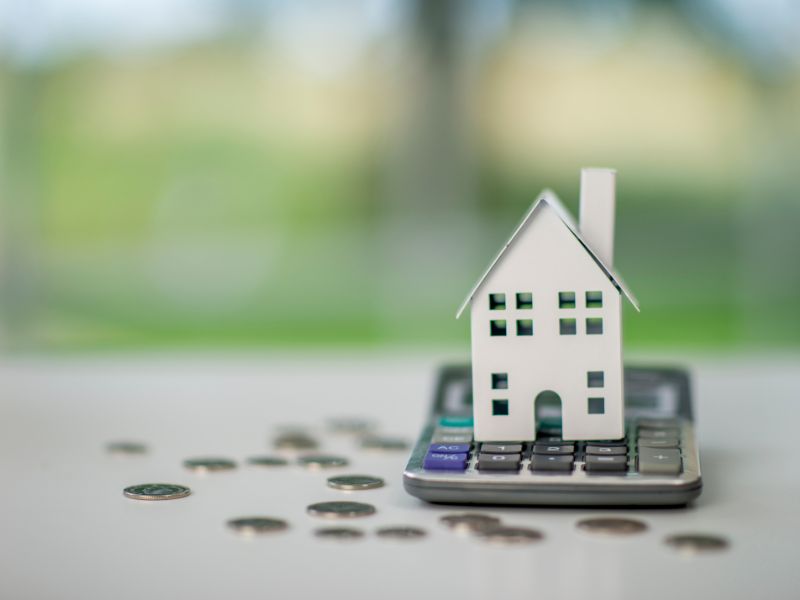 When it comes to mortgages, a “buydown” generally refers to paying an extra fee upfront to reduce the interest rate over a specific period. There are typically two types: temporary buydowns and permanent buydowns.
When it comes to mortgages, a “buydown” generally refers to paying an extra fee upfront to reduce the interest rate over a specific period. There are typically two types: temporary buydowns and permanent buydowns.
Permanent Buydown:
With a permanent buydown, the borrower pays extra fees at the beginning of the loan to permanently reduce the interest rate over the entire life of the loan. This differs from a temporary buydown because the reduced rate remains constant for the entire loan term, potentially resulting in lower overall interest payments.
Temporary Buydowns
A temporary buydown is a type of mortgage financing in which the borrower pays an upfront fee to temporarily reduce the interest rate on the mortgage for a specific period of time. During this period, the borrower enjoys lower monthly mortgage payments, which can help make homeownership more affordable.
The temporary buydown typically lasts for the first few years of the mortgage, usually 1 to 3 years. The borrower pays a one-time fee at closing, which is used to fund the temporary reduction in the interest rate. The fee can either be paid in cash or financed into the loan amount.
During the buydown period, the borrower’s interest rate is lower than the fully indexed rate. For example, if the fully indexed rate on a 30-year fixed mortgage is 4%, a temporary buydown might reduce the interest rate to 2% in the first year, 3% in the second year, and 4% in the third year, after which it would revert to the fully indexed rate for the remainder of the loan term.
The lower interest rate during the buydown period results in lower monthly mortgage payments for the borrower, which can make homeownership more affordable in the early years of the loan. This can be particularly beneficial for borrowers who anticipate lower income during the early years of homeownership but expect to earn more in the future.
It’s important to note that while a temporary buydown can lower monthly payments during the buydown period, it does not reduce the total amount of interest paid over the life of the loan. In fact, the total interest paid over the life of the loan may be higher due to the upfront fee paid to fund the buydown.
Better to do a Temporary Buydown or buy the rate down forever?
Deciding whether to do a temporary buydown or buy the rate down permanently depends on your specific financial situation and goals.
If you plan to stay in the home for a long time and have the financial means to pay the upfront fee, buying the rate down permanently may be a better option. This will result in a lower interest rate and lower monthly payments for the entire term of the loan, which can save you money in the long run.
On the other hand, if you plan to sell the home or refinance the mortgage before the buydown period ends, a temporary buydown may be a better option. The lower payments during the buydown period can help make homeownership more affordable in the short term, without committing to a higher interest rate for the life of the loan.
In general, it’s important to carefully consider your financial goals and circumstances when deciding whether to do a temporary buydown or buy the rate down permanently. You may want to consult with a financial advisor or mortgage professional to help you make the best decision for your individual needs.

